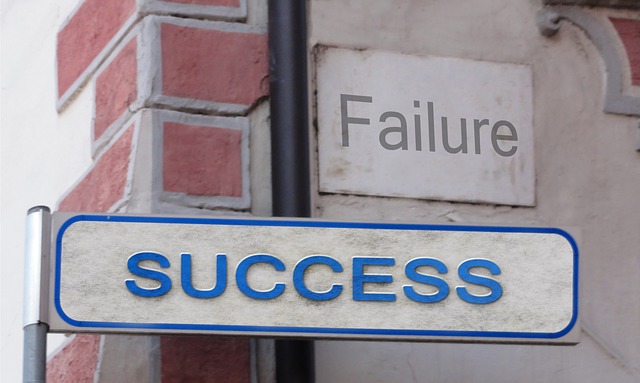I was the first person in my family to attend college, so for me the decision to continue my education after my bachelor’s degree was never really about the “Return on Investment” or career placement statistics. More than anything, I did it to prove to myself that I could, and bluntly, to try and fill the emotional hole that can come from generations of underachievement. And, because I was very young and my wife and I had two children, there was never a debate about the merits of attending a top-10, top-20, or top-30 school. I went to a school that I could afford, and got my degree through a program that worked with my responsibilities as a full-time manager, father, and husband.
It’s been nearly 8 years since I finished my education, and this is what I’ve learned since then:
1. The belief that getting an MBA from anything less than a top-tier school is a waste of time is wrong.
In my career I’ve gotten to do some pretty incredible things. Last year I delivered the White House Christmas Tree and threw out a first (and awful) pitch at a St. Louis Cardinals game. I’ve had the pleasure of working with some of the smartest, most innovative entrepreneurs one could hope to meet. Hard work got me there, but a big part of what opened those doors, especially the doors early in my career, was the following statement, “This is Dustin, he has an MBA and….”. Nine times out of ten the letters “MBA” precede every other part of my professional bio, and no one has ever asked me where I got my degree (Aspen University for my MBA, Northern Arizona University for a Masters in Public Management).
The point is, don’t let getting hung up on where you get a degree prevent you from getting one, because….
2. Everyone is a piece of paper at some point.
No matter your reputation or your personal “brand”, understand that at some point you will be a name and set of credentials on a piece of paper. Manage your career in a way that makes that piece of paper as strong as you can make it. Take the educational opportunities that make the most sense for your life. Don’t worry about how you stack up against others—worry about whether or not you are taking advantage of every opportunity you have. Because here is the reality—opportunities are not handed out equally. We all have limitations, whether they are limitations of ability, choice, financial resources, or circumstance.
But, your limitations do not have to be your destiny. So…
3. Own your opportunities, and be proud of them.
I do not believe I’m worse off, in ability or opportunity, for not having attended a top-10 (or even top 500) program for my MBA. I had a Masters in Public Management, and discovered a way to get an MBA through a generous credit transfer policy and low tuition. But I do think there are experiences and knowledge that I would have benefitted from by attending a top-tier program (had I, in an alternate universe, even been able to get into a top-tier program).
The point of this isn’t to say the hard road is the best road, or that people who are able to get into amazing MBA programs and make it through are somehow incompetent, or worse. Those are people who have accomplished something tremendous, and deserve the opportunities that come to them.
However, that is a road that isn’t on everyone’s map. And the lack of that road isn’t just about race or economic background. There are millions of tiny decisions and circumstances that create the opportunities we have in our lives. Some we are aware of and can influence. Many we cannot. That might be hard to accept, but that isn’t a reason to not take the best road available to you. In the case of your education, if that means getting an MBA from Southwestern Arkansas Technical University (provided it’s accredited), then take it, and spend or borrow as little money as possible to get the degree.
And after you get that degree, work very hard to make the most of it. You won’t regret it.








